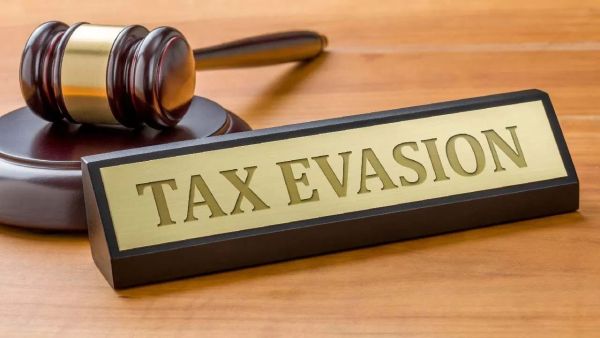
On one hand, many issues were postponed in the GST Council meeting. On the other hand, the Finance Ministers of all the states of the country including the Finance Minister of the country appeared to be very alert and alert regarding tax evasion. In this meeting, there was an in-depth discussion to stop tax evasion and a plan was made to completely eliminate this evasion. For this, the council has approved a new mechanism or rather a new system. To prevent GST evasion, a unique sign will be placed on the goods or its packets so that they can be traced in the supply chain. Let us also tell you what kind of mechanism has been approved by the GST Council to prevent tax evasion.
Taking important steps to prevent GST evasion, the GST Council approved the proposal to implement track and trace mechanism for some items prone to tax evasion. Under this, a specific mark will be put on such items or packets, so that they can be traced in the supply chain. It aims to include a provision through Section 148A in the Central Goods and Services Tax (CGST) Act, 2017, to enable the Government to put in place a mechanism to track and trace products prone to tax evasion. To be empowered.
Giving information about the decisions taken in the 55th meeting of the GST Council, the Finance Ministry said that this system will be based on a unique identification mark, which will be pasted on the said items or their packets. This will provide the legal framework for developing such a system and help in the implementation of mechanisms to trace specified commodities in the supply chain.
It said that it is clarified that in respect of supply of online services like online money gaming, OIDAR services etc. to unregistered recipients, the supplier is required to mandatorily enter the name of the state of the unregistered recipient on the tax challan and the name of the recipient. Such name of the State of the IGST Act, 2017 shall be deemed to be the address recorded in the records of the recipient for the purpose of section 12(2)(b) of the IGST Act, 2017, as per the provisions of the CGST Rules, 2017. Will be read with the provision of 46(f).
Regarding the decision taken regarding GST rate on goods, Finance Minister Nirmala Sitharaman said that the Council has decided to reduce the rate on Fortified Rice Kernel (FRK) from 18 percent to five percent and also exempted GST on gene therapy. Has given. On the other hand, it was decided to impose 18% GST on the margin value of old electric vehicles purchased for business use. The Council also agreed to keep aviation fuel (ATF) out of the GST regime. Finance Minister Nirmala Sitharaman on Saturday said that the states have not agreed to bring aircraft turbine fuel under the ambit of Goods and Services Tax (GST).